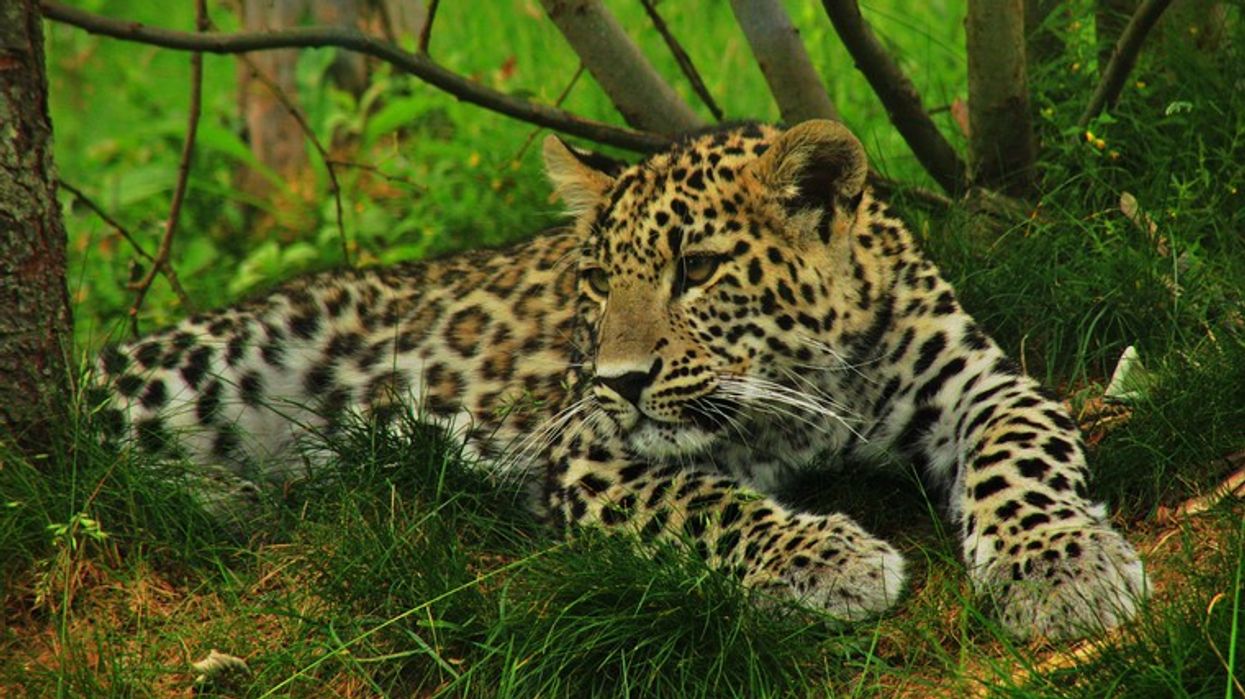A pair of rare Persian leopards sighted in Pakistan for the first time last year have been filmed and photographed in the wild, officials said Friday (21).
Sharifuddin Baloch, a senior conservation official in Balochistan province, said the pair were first spotted by rangers in the Hazarganji Wildlife Park six months ago.
Adult leopards are solitary in the wild and pair only to mate.
"We equipped our staff with cameras and binoculars to film the pair and take photos," Baloch said. "This month our staff succeeded."
Persian leopards are a panther sub-species native to Turkey, Iran, Afghanistan and the Caucasus.
They are extremely rare, however, and listed by the International Union for Conservation of Nature (IUCN) as endangered.
Fewer than 1,000 are believed to exist in the wild, with another 200 in captivity.
"We are taking steps to protect the rare species," Baloch told AFP, adding officials were sharing data with the IUCN.
Video shot by park officials shows one of the leopards beautifully camouflaged on a rugged, rocky hillside until it stands up and pads away.
Baloch said there was no previous record of the creature ever being sighted in Pakistan.
Panthera tulliana is bigger and has a different spot pattern to the more common Indian leopard (panthera fusca) found across Pakistan.
Pakistan is also home to vulnerable snow leopards (panthera uncia) in the northern Himalayas.













